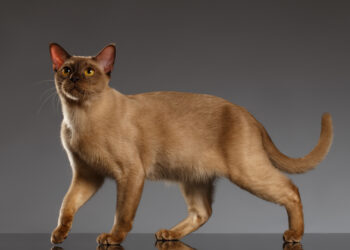Owning a small cat breed can be a delightful experience, but it also comes with unique challenges, particularly concerning their health. Understanding these common health issues can help you better care for your furry friend, ensuring they lead a happy and healthy life.
Genetic Predispositions
Small cat breeds often have genetic predispositions to certain health problems. These hereditary issues can vary significantly between breeds. For example, Persian cats are prone to polycystic kidney disease, while Siamese cats may develop progressive retinal atrophy.
The Role of Breeding: Selective breeding practices can sometimes exacerbate these genetic issues. It’s crucial to choose reputable breeders who prioritize the health of their cats over aesthetic traits.
Dental Issues
Small cats are particularly susceptible to dental problems. Plaque and tartar build-up can lead to gingivitis and periodontal disease, which, if left untreated, can cause severe pain and tooth loss.
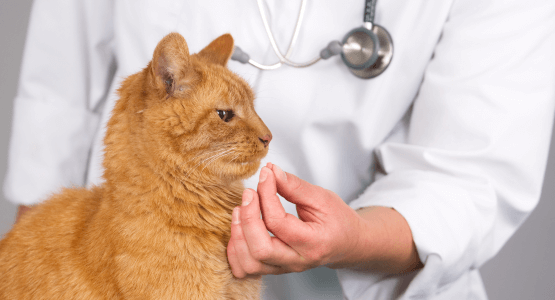
Prevention and Treatment: Regular dental check-ups and cleanings are essential. Brushing your cat’s teeth and providing dental treats can also help maintain oral health.
Respiratory Problems
Breeds with flat faces, like the Persian, are prone to brachycephalic syndrome, which can cause breathing difficulties. These cats often exhibit snoring, wheezing, and labored breathing.
Signs and Management: Keep an eye out for excessive panting and difficulty breathing. Managing weight and avoiding excessive stress can help mitigate symptoms. In severe cases, surgical intervention might be necessary.
Obesity and Weight Management
Obesity is a common issue in small cat breeds, leading to a host of other health problems, including diabetes, arthritis, and cardiovascular disease.
Tips for Maintaining a Healthy Weight: Ensure your cat gets plenty of exercise and feed them a balanced diet. Avoid overfeeding and limit treats. Regular vet visits to monitor weight are also important.
Cardiovascular Diseases
Heart conditions like hypertrophic cardiomyopathy (HCM) are common in breeds such as the Maine Coon and Siamese. HCM causes the heart walls to thicken, leading to poor heart function.
Symptoms and Prevention: Look for signs like lethargy, rapid breathing, and fainting. Regular cardiac screenings can help detect issues early. Maintaining a healthy weight and providing a nutritious diet can support heart health.
Kidney and Urinary Tract Issues
Kidney disease is particularly prevalent in older cats and certain breeds like the Abyssinian. Urinary tract infections and stones are also common and can cause significant discomfort.
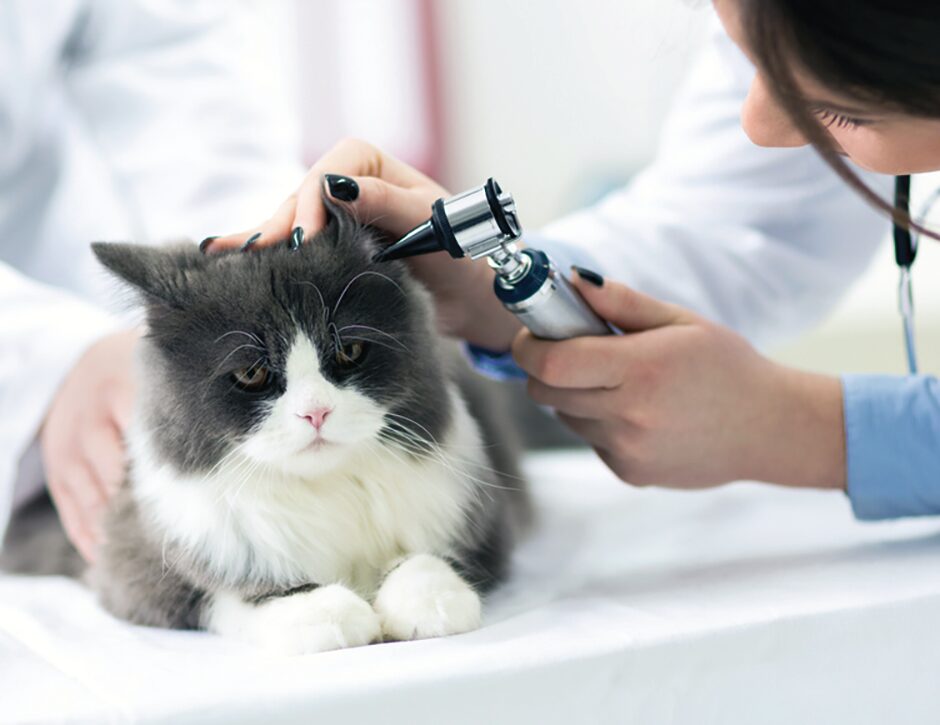
Prevention and Treatment: Ensure your cat stays hydrated by providing fresh water at all times. A diet high in moisture content, such as wet food, can also help. Regular vet check-ups are crucial for early detection and management.
Skin and Coat Conditions
Small cat breeds can suffer from various skin and coat issues, including allergies and dermatitis. These conditions can cause itching, hair loss, and skin infections.
Grooming Tips for Small Cats: Regular grooming can help manage skin and coat health. Use hypoallergenic shampoos and consult your vet if you notice persistent skin issues.
Digestive System Problems
Digestive issues such as inflammatory bowel disease (IBD) and food allergies are not uncommon in small cat breeds. These can lead to symptoms like vomiting, diarrhea, and weight loss.
Dietary Recommendations: Feeding a high-quality, balanced diet can help manage these conditions. Consult your vet for diet recommendations tailored to your cat’s specific needs.
Musculoskeletal Disorders
Arthritis and other joint issues can affect small cat breeds, particularly as they age. These conditions can cause pain and limit mobility.
Exercise and Mobility Aids: Encourage gentle exercise to keep joints healthy. Providing ramps and steps can help your cat navigate your home more easily.
Eye Conditions
Eye problems such as conjunctivitis, glaucoma, and cataracts can be common in small cat breeds. These conditions can cause discomfort and vision problems.
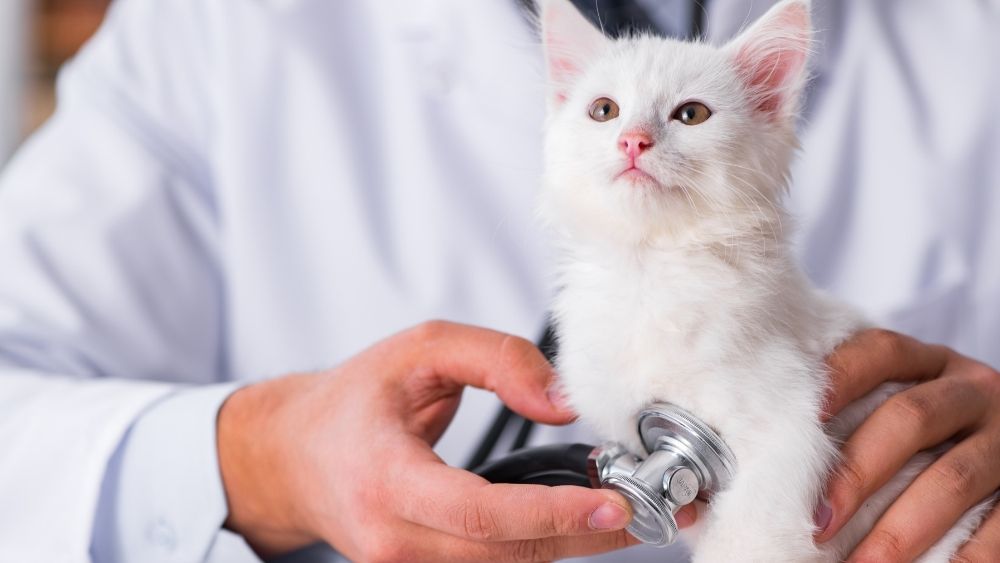
Prevention and Treatment: Regular eye check-ups and keeping your cat’s eyes clean can help prevent issues. Consult your vet if you notice redness, discharge, or cloudiness in your cat’s eyes.
Ear Infections
Ear infections can be a recurring issue for small cats, especially those with narrow ear canals. Symptoms include scratching, head shaking, and ear discharge.
Treatment Options: Regular ear cleaning and prompt treatment of any infections are essential. Your vet can recommend appropriate ear cleaning solutions and treatments.
Endocrine Disorders
Endocrine disorders like hyperthyroidism and diabetes are common in older cats and some small breeds. These conditions can significantly impact your cat’s overall health.
Management Strategies: Regular blood work can help detect these conditions early. Managing your cat’s diet and weight is crucial in controlling endocrine disorders. Medication or surgery may be required in some cases.
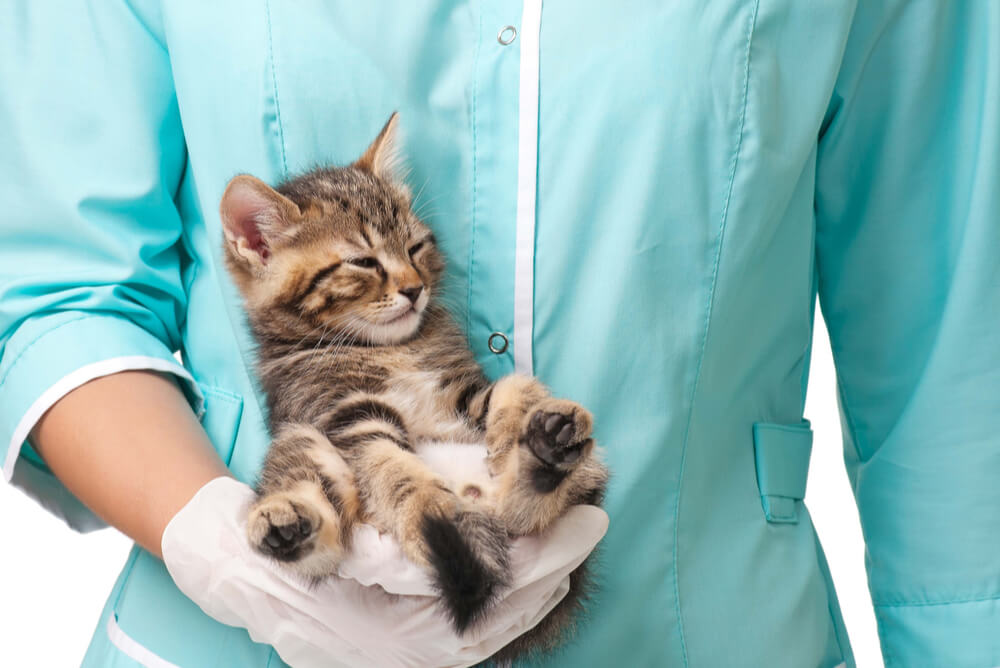
Behavioral Issues
Anxiety and stress are common in small cat breeds, often leading to behavioral problems like excessive grooming, scratching, and aggression.
Behavioral Modification Techniques: Providing a stable, enriched environment can help reduce stress. Use pheromone diffusers and consult a veterinary behaviorist if needed.
Conclusion
Understanding and managing the common health issues in small cat breeds is vital for ensuring their well-being. Regular veterinary check-ups, a balanced diet, and a loving environment can go a long way in preventing and treating these health problems. By staying vigilant and proactive, you can help your small cat lead a long, healthy, and happy life.
FAQs
What are the most common health issues in small cat breeds? Common health issues include dental problems, respiratory issues, obesity, cardiovascular diseases, kidney and urinary tract problems, skin conditions, digestive issues, musculoskeletal disorders, eye conditions, ear infections, endocrine disorders, and behavioral issues.
How can I prevent dental issues in my small cat? Prevent dental issues by providing regular dental check-ups, brushing your cat’s teeth, offering dental treats, and ensuring they have a balanced diet.
What signs indicate respiratory problems in small cats? Signs include snoring, wheezing, labored breathing, excessive panting, and difficulty breathing. If you notice these symptoms, consult your vet.
How often should small cats visit the vet? Small cats should visit the vet at least once a year for regular check-ups. Older cats or those with known health issues may need more frequent visits.
Are small cats more prone to genetic diseases? Yes, small cat breeds can be more prone to certain genetic diseases due to selective breeding practices. It’s essential to choose reputable breeders and stay informed about potential health issues specific to your cat’s breed.






